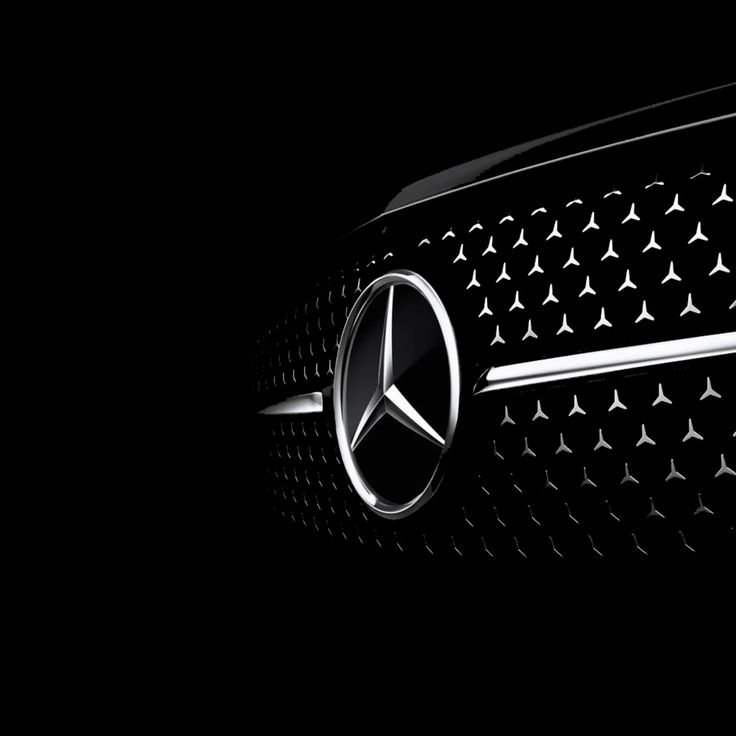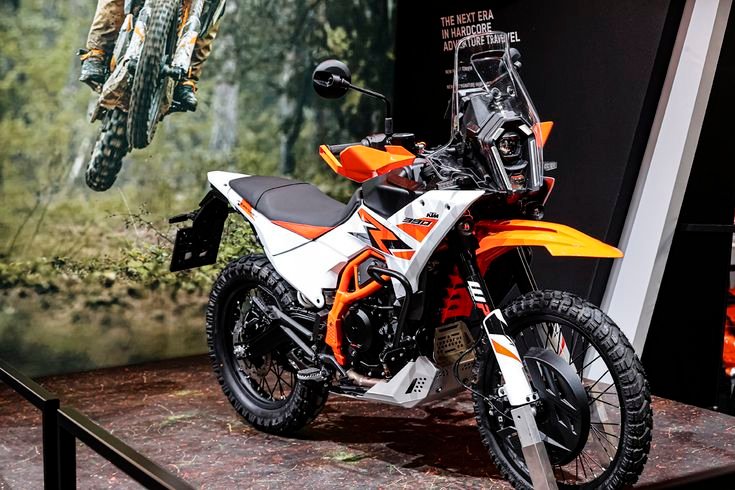
Tesla’s potential entry into the Indian electric vehicle (EV) market has fueled intense discussions over the past few months. New developments continue to emerge, leaving industry experts speculating about the American EV giant’s next move. The latest reports suggest that Tesla has taken a significant step toward entering the Indian market by seeking homologation for two of its models.
Tesla’s Homologation Process in India
Tesla has reportedly applied for homologation of the Model S and Model Y in India, signaling its intent to introduce these models. Homologation ensures that vehicles comply with India’s regulatory standards for roadworthiness, emissions, and safety under the Central Motor Vehicle Rules.
This isn’t the first time Tesla has pursued homologation in India. The company previously submitted seven applications for homologation, primarily for test vehicles. A recent IANS report confirms that an eighth application has received approval. Tesla’s continued efforts in homologation indicate its serious intent to enter the Indian market.
Free Trade Agreement and Its Role in Tesla’s India Plans
Tesla’s homologation process aligns with ongoing discussions between India and the United States regarding a potential free trade agreement. This agreement could lead to reduced tariffs, making it easier for Tesla to export vehicles to India. Elon Musk has shown keen interest in expanding Tesla’s presence in India, positioning the country as a critical market outside of China, especially amid growing tensions between the US and China.
The Indian government, on the other hand, has encouraged Tesla to establish a manufacturing facility within the country. Local production would significantly reduce costs and make Tesla’s vehicles more accessible to Indian consumers. However, Musk currently prioritizes exporting Tesla vehicles to India before committing to local production.
Tesla Model 3: Specs & Features
The Tesla Model 3 remains one of the most popular electric sedans globally. It offers multiple variants, including the Standard Range Plus, Long Range, and Performance models. Each variant comes equipped with an all-electric powertrain that delivers impressive range and performance.
Key Features of Tesla Model 3:
- Battery & Range: The Model 3 provides a driving range of up to 568 km, depending on the variant.
- Performance: The Performance variant accelerates from 0 to 100 km/h in just 3.1 seconds.
- Dual-Motor AWD: Higher trims feature a dual-motor all-wheel-drive system for better traction and handling.
- Interior & Technology: A minimalist cabin features a 15-inch touchscreen, wireless charging, and a premium audio system.
- Safety: The Model 3 has earned a five-star crash rating and includes advanced driver-assistance features.
Tesla’s over-the-air software updates enhance performance, introduce new features, and improve safety over time. The Model 3’s blend of affordability, efficiency, and technology makes it an attractive option for Indian consumers.
Tesla Model Y: Specs & Features
The Tesla Model Y offers an electric SUV option for buyers seeking a blend of performance, range, and practicality. This model has gained popularity due to its spacious design, high-tech features, and impressive driving dynamics.
Key Features of Tesla Model Y:
- Battery & Range: The Model Y delivers up to 531 km of driving range in its Long Range variant.
- Performance: The Performance variant reaches 0-60 mph in just 3.5 seconds.
- Dual-Motor AWD: Tesla’s all-wheel-drive system enhances control and stability in various driving conditions.
- Interior & Space: The Model Y offers seating for up to seven passengers, a panoramic glass roof, and expansive cargo capacity.
- Technology & Safety: A 15-inch touchscreen, Autopilot, and a premium sound system come standard.
Tesla’s advanced safety features, combined with real-time software updates, keep the Model Y competitive in the growing EV market. Its SUV design makes it a practical choice for Indian buyers looking for an electric alternative to traditional SUVs.
Challenges Tesla Faces in Entering the Indian Market
Despite Tesla’s efforts to enter India, several challenges remain. High import duties make Tesla’s vehicles expensive for Indian consumers. Currently, India imposes import duties of up to 100% on completely built-up (CBU) vehicles, significantly increasing Tesla’s price tag.
To make Tesla’s EVs more affordable, the company needs government concessions or local manufacturing facilities. The Indian government has encouraged Tesla to establish a factory in India, similar to its Gigafactories in China, Germany, and the US. However, Musk prefers testing the market through imports before committing to local production.
Another challenge involves charging infrastructure. While India’s EV infrastructure is improving, it still lags behind other major markets. Tesla may need to invest in Superchargers and other charging networks to support its vehicles.
Will Tesla’s Entry Change the Indian EV Market?
Tesla’s arrival in India could accelerate the country’s EV adoption. As a global EV leader, Tesla’s presence would increase competition among domestic automakers, pushing them to enhance their electric offerings. Companies like Tata Motors, Mahindra, and MG Motors already dominate the Indian EV space, but Tesla’s advanced technology and brand appeal could shift consumer preferences.
Additionally, Tesla’s entry may encourage further government support for the EV sector. Tax incentives, reduced import duties, and infrastructure improvements could follow if Tesla gains traction in India. This shift would benefit the entire EV ecosystem, including battery manufacturers, charging station providers, and other automakers.
Future Prospects for Tesla in India
Tesla’s long-term success in India depends on several factors:
- Import Duty Reductions: If India lowers import duties, Tesla’s vehicles could become more competitively priced.
- Local Manufacturing: Establishing a Gigafactory in India would help Tesla reduce costs and expand its market share.
- Infrastructure Development: More Supercharger stations and partnerships with charging networks would improve Tesla’s appeal.
- Government Policies: EV-friendly policies, subsidies, and tax breaks could drive demand for Tesla’s vehicles.
- Consumer Response: Indian consumers’ willingness to adopt premium EVs will determine Tesla’s market penetration.
Conclusion
Tesla’s efforts to gain a foothold in India mark a significant development in the country’s EV market. The homologation of Model S and Model Y indicates a strong push toward launching Tesla vehicles in India. However, challenges like high import duties, infrastructure limitations, and local production uncertainties remain hurdles.
If Tesla successfully navigates these challenges, its entry could transform the Indian EV landscape, drive innovation, and accelerate the country’s transition to sustainable mobility. For now, all eyes remain on Tesla’s next move and the evolving regulatory environment that will shape its future in India.





